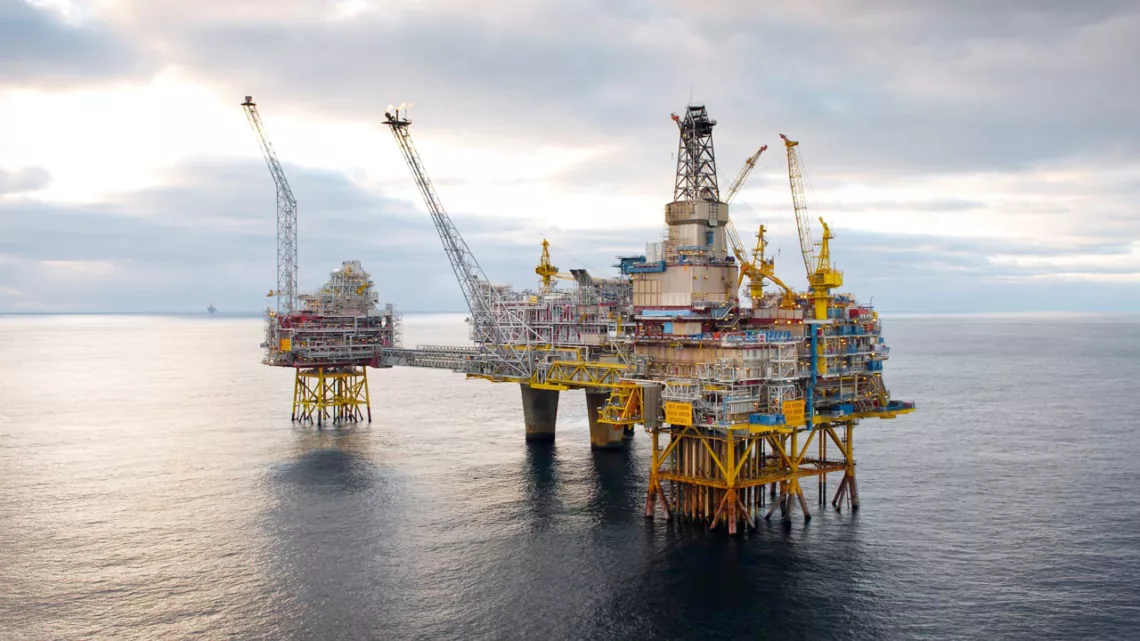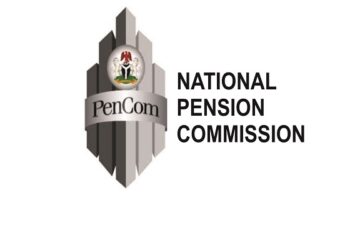The Nigerian Upstream Petroleum Regulatory Commission (NUPRC) is galvanising and dutifully scudding winners of marginal field to spud first oil from their fields as the country targets exponential growth in crude production to meet her quota by the Organization of Petroleum Exporting Countries (OPEC).
Nigeria lost its status as Africa’s top oil producer to Angola as the continent’s biggest economy saw its output decline the most last May among its peers in the OPEC.
OPEC’s monthly report for May showed that Nigeria’s oil production reduced by 195,000 barrels per day (bpd) to 1.02 million bpd in May from 1.22 million in April, based on direct communication.
To reverse this NUPRC, believes that the awarded marginal fields will increase oil production by about 58,000 barrels per day (bpd).
Chief executive officer of the commission, Gbenga Komolafe, said the oil fields would also increase the country’s gas output by 87 million standard cubic feet per day.
In June 2022, the Commission completed the 2020 marginal field bid round exercise, generating about N200 billion as well as $7 million in revenue for the federal government.
Komolafe said following the existing discoveries in the awarded fields, an early field development plan would be pursued by the awardees which would result in increased oil and gas production.
The Commission is striving to meet its oil production quota which again this year affected overall output of the OPEC, which reported drop in its target in February.
Nigeria’s average crude oil production witnessed an increased output in February 2023 with the production of 1,306,304.3 million barrels per day, bpd according to the NUPRC.
The production output in February reveals a 3.8 per cent increase when compared with the figure recorded in January 2023 which was 1,258,150 bpd.
However, combined oil production of the OPEC+ group dropped in February by 80,000 barrels per day (bpd) as a small rise in Russia’s still resilient output failed to offset declines in Angola, Iraq, and Kazakhstan, according to the Platts survey by S&P Global Commodity Insights.
Combined production from all 13 OPEC members fell by 60,000 bpd in February compared to January, while output in the non-OPEC group, led by Russia, went down by 20,000 bpd month over month, the survey found.
Russian oil production increased by 10,000 bpd to 9.86 million bpd in February, the Platts survey showed.
Russia has said it would reduce its oil production by 500,000 bpd in March in response to the Western sanctions a move that may affect the level of its oil and fuel exports. Yet, OPEC+ delegates have said that the broader alliance doesn’t plan to change its oil production targets after Russia announced a cut in its output for March. Other surveys on the OPEC-only oil production showed that the cartel’s output rose in February compared to January, thanks to a rebound in Nigeria’s oil supply.
OPEC raised its crude oil production in February by 120,000 barrels per day (bpd) amid a rebound in Nigerian output, which continues to be well below the African country’s OPEC+ quota, a Bloomberg survey showed.
The Reuters survey also estimated OPEC’s production to have risen in February by 150,000 bpd compared to January.
Breaking Funding Barriers
In recognition of the funding challenges facing some of the awardees of the 2020 Marginal Field Bid Round licences, the NUPRC, is working out a production based lending engagement that will help them source needed capital to commence full field development towards hitting first oil.
The engagement which is planned to commence soon will be between the Commission, Petroleum Production Licence (PPL) Awardees, Exploration and Production (E&P) service providers and Nigerian Banks.
NATIONAL ECONOMY reports that it is expected to provide platforms for strategic partnership/alliance between the awardees and the service providers for Well Re-entry and drilling services.
Our correspondent is also informed that the arrangement is to be offered on service fee recoverable by the service providers from production to be attached.
Komolafe said the Commission has already concluded plans to organise an E&P International Financing Road show in Abuja, for financiers, investment bankers, private equities, and multi-lateral institutional investors.
The initiative is to showcase the high value quick win opportunities available to investors in the recent PPL awards, the on-going National Gas Flare Commercialisation Programme, as well as the on-going Mini-bid awards.
Also, to ease the challenges thrown up by the initial corporate governance issues that arose before the inauguration of the Petroleum Industry Act (2021), the Commission has developed a Corporate Governance Framework for upstream petroleum operations.
The framework is currently at an advanced stage of internal review and stakeholder engagements required for its finalisation and this is to enhance sustainability, environmental and corporate governance requirements and to facilitate capital attraction by investors for the optimal and efficient development of the PPLs and other assets.
To facilitate dynamic data gathering and accelerate the achievement of ‘first oil’, the Commission initiated the revision of the subsisting Extended Well Test (EWT) Guideline to enhance early cash flow and speed up the journey to first oil. The strategy has already yielded positive results with 16 companies submitting Field Development Plan (FDP), two already commencing unitisation processes, six re-entries and two having gone through the EWT.
However, the Commission is not unmindful of the protracted dispute amongst some of the awardees triggered by shareholder disagreements and/or misunderstanding. We are collaboratively engaging the parties and mediating to facilitate early closure and diligent progression towards achieving the expected regulatory milestones, including value creation and hitting first oil.
Since the award of forty-seven (47) PPLs to solely Nigerian entities in June 2022, the Commission has made concerted efforts within the stipulations of the law, to provide statutory guidance and support towards the progression of the assets to field development.
Steps taken include the convocation of Regulatory Induction Programme for PPL awardees to enable them have the requisite understanding of the statutory protocols from the award to first oil; and a week-long tripartite engagement in Lagos for all awardees and initial asset owners in December last year, with about 30 entities in attendance.
During that event, both the awardees and former asset owners resolved all impediments to the smooth take over by the awardees and operation to first oil. That event set the stage for engagements on issues required to fulfil initial work programme obligations.
Areas that were presented and rigorously deliberated upon include Royalty and Tax administration, Data Exchange Protocol and Leasing requirements, Field Development Plan under the PIA (2021), Permitting Processes for Drilling and Re-entry Applications, Production Accounting, Facilities Deployment, and Host Communities’ Development.





